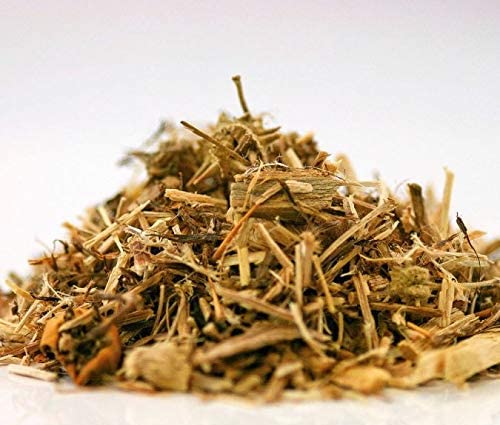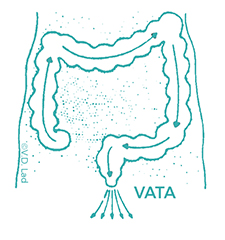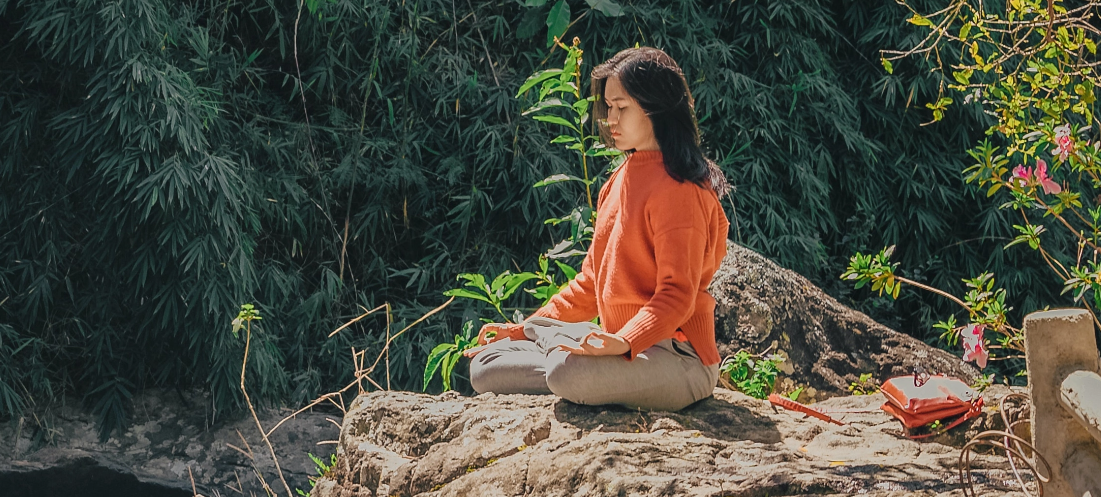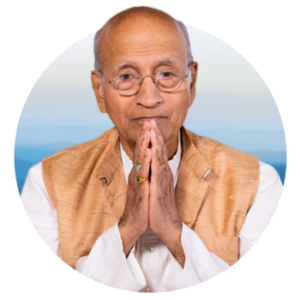

Medications given by enema primarily treat vata dosha, which is the main etiological factor in the manifestation of diseases. Vata is the force behind the elimination and retention of feces, urine, bile, and other excreta. Vata is mainly located in the large intestine. Purisha dhara kala, the colon membrane, is related to asthi dhara kala, the membrane of the bone tissue. Asthi (the bones) are important sites of vata dosha. Hence, medications given rectally affect all the tissues up to bone tissue.
If you intend to self-administer basti, the following guidelines have been suggested:
Basti is often administered in two stages: an oil stage and a decoction stage. In the first stage, five ounces of warm sesame oil is introduced into the rectum and retained for ten minutes. Then, without expelling the oil, an emulsion of oil and an herbal tea is introduced and retained for thirty minutes. This mixture consists of five ounces of sesame oil together with sixteen ounces of a tea made from herbs steeped in hot water and then strained and cooled to body temperature or slightly warmer.
The enema bag may be suspended three feet above your position. After filling the bag with the appropriate fluid, allow all the air to be expelled from the tube. Lie on the left side, left leg extended and right knee flexed. Lubricate the tip of the syringe with oil or ghee. Clean and lubricate the anal orifice with oil and check that there are no hemorrhoids, fissures, or fistulas. Carefully and slowly insert the tip into the rectum and release the clip allowing all the fluid to enter, then remove the tip. Assume a hands and knees position and elevate the buttocks, thus relaxing the colon. Firstly tap the colon area from the sigmoid, through the transverse colon, to the ascending colon and caecum. Then periodically massage the colon in this counterclockwise motion.
When fluid has been retained for the appropriate length of time, sit on the toilet to allow the passage of the fluid and fecal matter. You may wish to wear a sanitary pad for a few hours following basti in case there is some seepage of residual oil. It can be good to eat an hour or so after a basti, but only when hungry.


The spiritual journey starts here

A native of India, he served for three years as Medical Director of the Ayurveda Hospital in Pune, India. He was Professor of Clinical Medicine at the Pune University College of Ayurvedic Medicine for 15 years. He holds a Bachelor’s of Ayurvedic Medicine and Surgery (BAM&S) degree from the University of Pune and a Master’s of Ayurvedic Science (MASc) degree from Tilak Ayurved Mahavidyalaya. The author of numerous books, Vasant Lad is respected throughout the world for his knowledge of Ayurveda.
Get regular updates from The Ayurvedic Institute, with great bonuses, free material, and discounts!
Contact